Why We Recommend Page Builder Websites For Startups
Last Updated: November 6, 2022
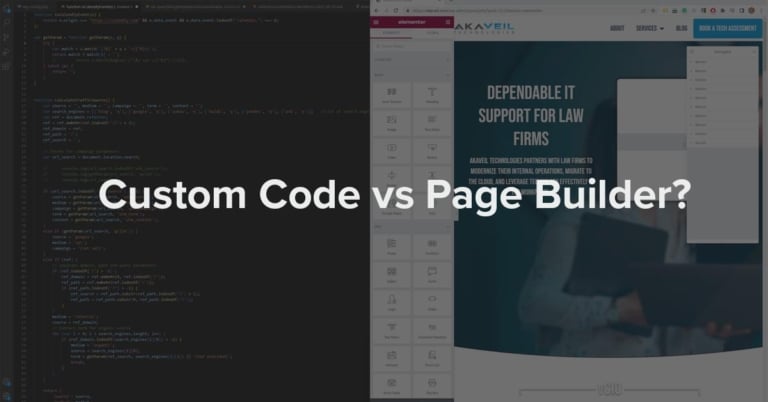
If there’s one word that characterizes startup companies it’s instability. I see this across service providers like IT companies and product companies like SaaS startups. Small and growing companies oftentimes don’t have a clear idea of who they are serving, how they can help them, messaging that resonates with their audience and a whole host of other factors. Many of them have a general direction that they’re moving but a lot of the direction of the company is still up for grabs. It’s for this reason that I’ve come to favor page builder-style websites as a company’s initial choice for their public-facing marketing websites. In this post, I’ll dive into a few more of the reasons why these types of websites can be an advantage and some of the pitfalls that can be avoided.
Marketing Owns The Website
While most tech companies have a few developers on staff these types of developers are most often software engineers. They are busy writing performant code, designing architectures, troubleshooting mission-critical bugs, optimizing databases, and working on other complex and important tasks. These types of programmers often command high salaries and their talents would be wasted by working on a WordPress or Squarespace site. This most often results, sooner or later, in management pushing ownership of the public-facing marketing website over to the marketing team.
Technical Complexity Is The Enemy Of Marketing Teams
While there’s definitely some overlap between digital marketers and software teams, the types of people you’ll find in each team are usually quite different personality-wise AND skillset-wise. Programmers tend to be more introverted analytical and logical, whereas marketers tend to be more extroverted, creative, and abstract. Marketers may own the website, but the internal marketing teams often don’t have anyone who is good at working with web technologies. They are more concerned with copywriting, designs, campaigns, customer profiles, lead flow, etc.
This usually results in marketing owning the public-facing marketing website but working with an agency or freelancer or less often a self-taught web developer rather than a computer science educated software engineer. There’s a big difference in skillset between these types of programmers and most (not all) programmers working on WordPress, Squarespace, Shopify, and other popular public-facing marketing websites are doing something close to hacking things together the best they can. If the marketing team bites off more than they can chew, you’ll see a scenario of whack-a-mole start to pop up with bugs on the websites, the website getting hacked, cost overruns, project delays, turnover of burned-out staff that doesn’t feel supported, the whole 9 yards.
Today’s marketing teams are overburdened, under tons of pressure to perform, and typically interacting with small pieces of what can quickly become a highly sophisticated integrated ecosystem of marketing software products all working together to create a pipeline. Technical complexity is quickly becoming a more necessary evil, but is still the enemy of most marketing teams at the startup level. They just don’t have adequate resources to do things right and manage the complexity appropriately.
Marketing Teams Need Agility And Iteration
There’s a prolific attitude in tech companies to use the latest and greatest and live on the bleeding edge of marketing technology to try to source competitive advantage. The thing about the bleeding edge though.. is that it’s the best place to get cut. Recently promoted managers and those with the gambling appetite to work in a startup that are eager to make an impression on their boss are quick to make recommendations like building a custom theme, or going with Webflow, or building a react/vue style website out the gate. This creates a circumstance of dependence on hard-to-hire and expensive-to-hire resources needed to build and maintain the website and get even the simplest of changes implemented. This circumstance is the antithesis of what’s needed in a startup environment. Marketing teams in startups need agility and the ability to iterate rapidly. They need to find market fit, and that’s a process that requires a lot of trial and error.
Page Builder Websites Make It Easy For More People To Make Changes
Page Builders make web development more accessible. It’s going to be a lot easier for people with limited to no experience building websites to be able to make those minor edits to web copy, or to upload a new image, etc. You don’t want your marketing team to have to work through a web agency or freelancer for these types of changes. This opens up the ability to make website edits to more people on your marketing team and allows you to get things done faster.
Page builders are much more accessible and that also translates to a higher volume of page builder developers available in the market, leaving you to be able to hire those types of devs more quickly and easily.
Page Builder Websites Support Rapid Iteration
Page builder websites support rapid iteration. It’s quicker and easier to produce a landing page for your latest campaign or a new way to pitch your company’s services. Startups doing online marketing need to be creating landing pages, and a lot of them in order to attract search engine traffic from qualified buyers and generate more leads for their sales teams to close.
Giving your team the ability to put out one-click templates onto pages and customize them with an easy to use drag and drop interface is a powerful tool that enables rapid iteration.
Page Builders Effectively Outsource A Large Volume Of Development Work
The thing about web development is that its presentation of quality can be very deceptive. Many marketing teams will make their changes on Chrome browser on a desktop computer with 1920×1080 resolution. If it looks good there, then that’s pretty much the end of it, and the launch button is pushed. There are so many different browser quirks, device quirks, accessibility compliance concerns, etc that when you launch an effort to build a custom-coded website I can pretty much guarantee that there are quite a few gaps across devices and browsers where a negative user experience is created. Page builder developers don’t have the luxury of tolerating this. They have so many customers for their products across different industries and circumstances their code is battle tested across many different browsers and devices. This effectively outsources a very large chunk of needless hours troubleshooting bugs and managing technical complexity.
Downsides Of Page Builder Websites
Page builder websites are not without their faults, my goal with this article was not to say you should always go with a page builder website, but to illustrate that startups and companies still finding product fit and working with limited resources should consider them as a primary option. Once the business matures and there is stability in messaging and service offerings it starts to make sense to build something more durable and higher quality in the form of a custom-coded website.
Page Builder Websites Are Slow
This is probably the biggest downside of page builder websites. Page builders are designed to handle a wide range of use cases, so they come with lots and lots of CSS and Javascript and HTML bloat that accommodates these use cases. This makes the load times of the websites slower than a more custom-coded one. This to some extent can be offset with premium hosting that has full-page caching and a content delivery network, but there will still be load speed downsides.
Page Builder Websites Aren’t The Best For SEO
This is directly related to the point above, but page builder websites aren’t the best for SEO. The slow load times and the high amount of HTML code that goes into the drag-and-drop modules is a definite downside in an SEO sense. That said content quality is far more important than load times and other technical signals that search engines use. Technical factors can be thought of more as tiebreakers than primary ranking signals. In highly competitive SaaS markets where there is a lot of parity in content quality, these technical factors can be important, but unless you’re building yet another CRM to try and take on Hubspot, you’re better off thinking about market positioning and how to find a blue ocean than whose website loads faster.
Page Builder Websites Limit Customizability
Many page builder websites don’t require you to use the page builder on every page of the website. I know WordPress allows you to mix and match when the page builder is used but platforms like Wix may force you to use it on every page. This can lead to cases where you can’t customize things exactly how you want to. My recommendation here is to go with WordPress where that isn’t a concern and you can mix and match custom-coded web pages with page builder pages. If you go with this approach though I highly recommend trying to work within the confines of the page builders’ capabilities as best you can and create a “version 2” wishlist of custom features you want in a future rebuild.
Final Thoughts
Page builder websites will often get fervent pushback from developers, but as someone who has spent time in my career as a software engineer, a web developer, and a digital marketer, I can confidently say that page builder style websites are a solid business decision that are a good fit for marketing teams at startups and growing brands that need to prioritize agility, iteration, and cost management. They may not hold up over the long term but I’ve worked with multiple multi-million dollar businesses that have been able to scale their company’s online marketing ops using WordPress websites with page builders with great success. I’ve also seen companies go down the custom-coded website path and grapple with the difficult decision of scrapping an approach and going in a different direction. The feeling of sunk costs that comes with scrapping old landing pages and content created with a custom-coded approach tends to destroy morale and causes companies to hold on to a bad approach for too long.
When going with a page builder approach know that someday you may have to scrap your website and conduct a rebuild to support continued growth but that’s a problem a 10 million ARR-type business is much more equipped to handle, both from a budget standpoint and marketing maturity standpoint.



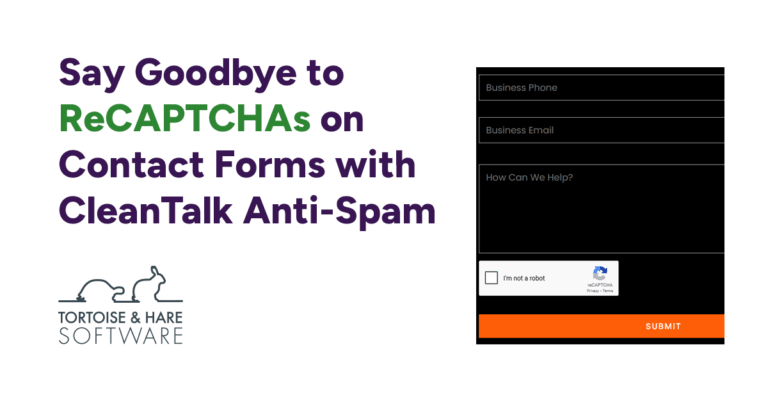

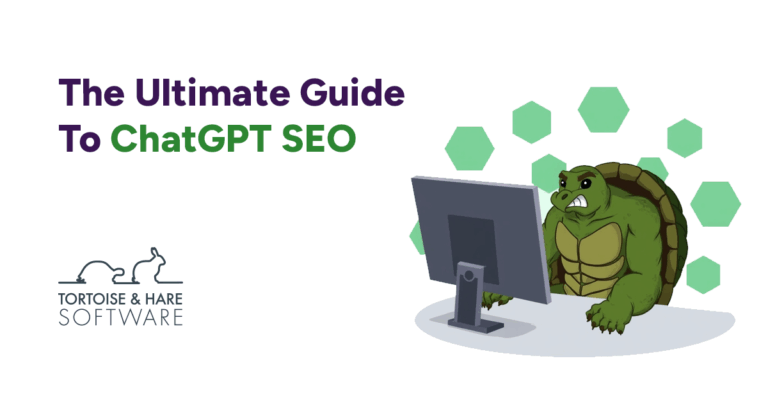
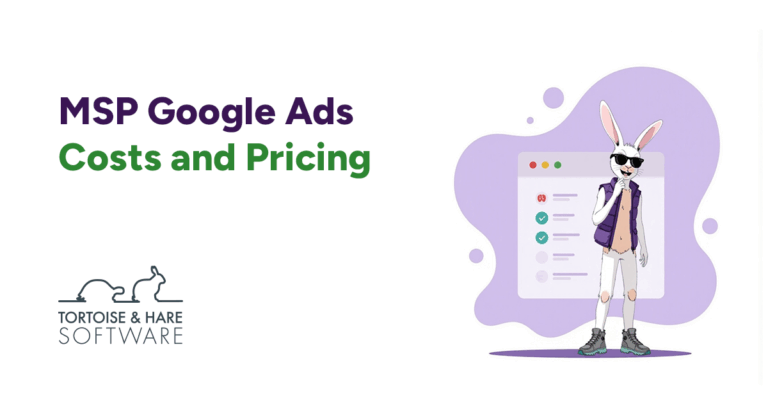


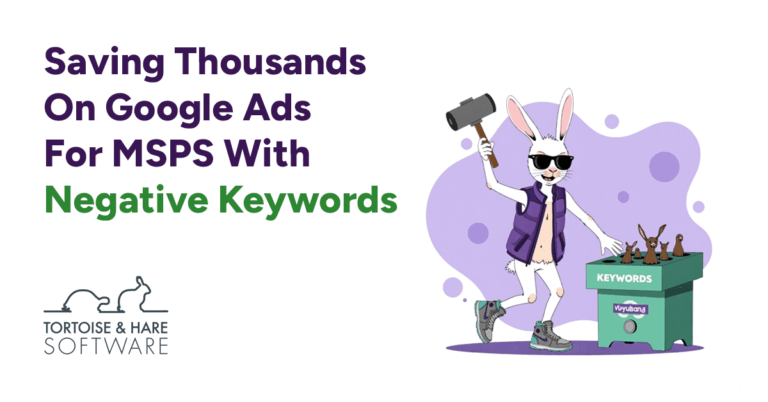

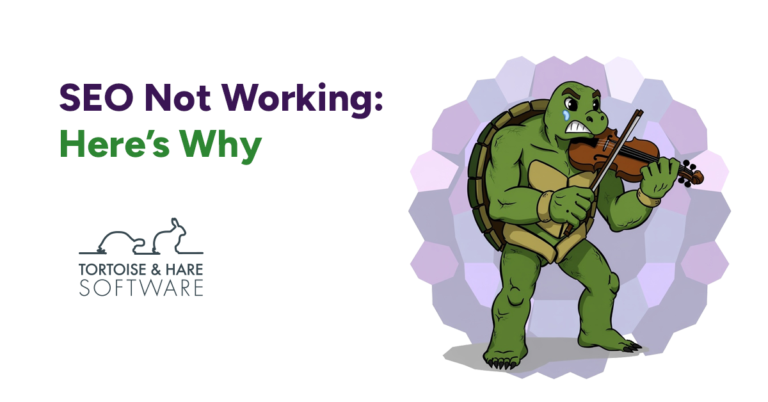
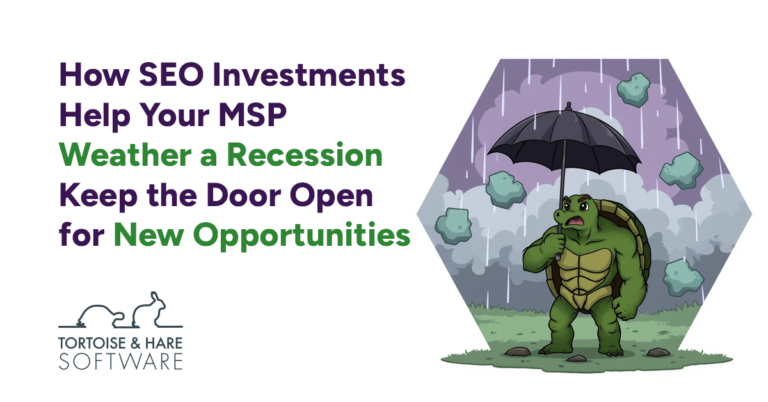

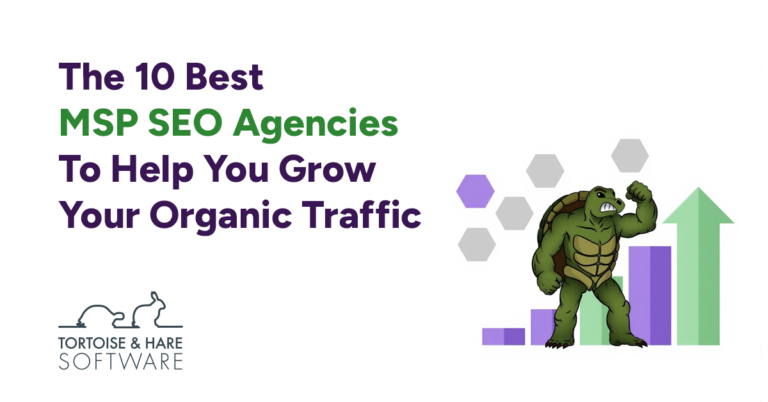

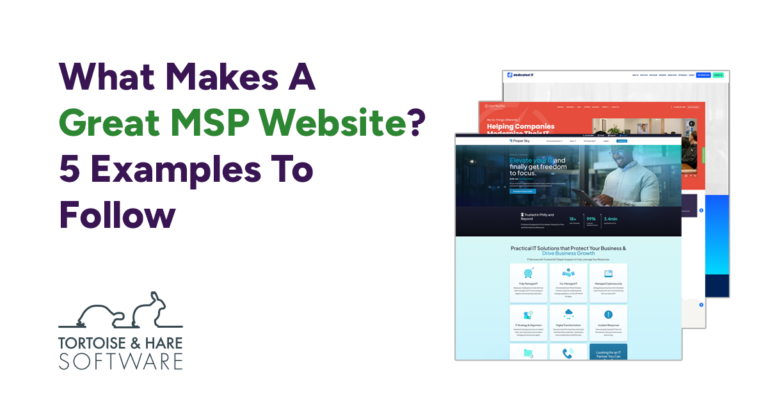
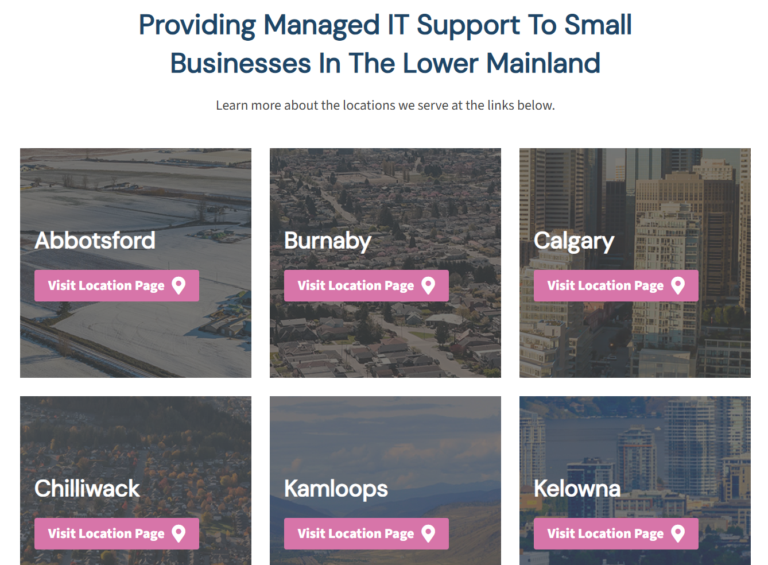







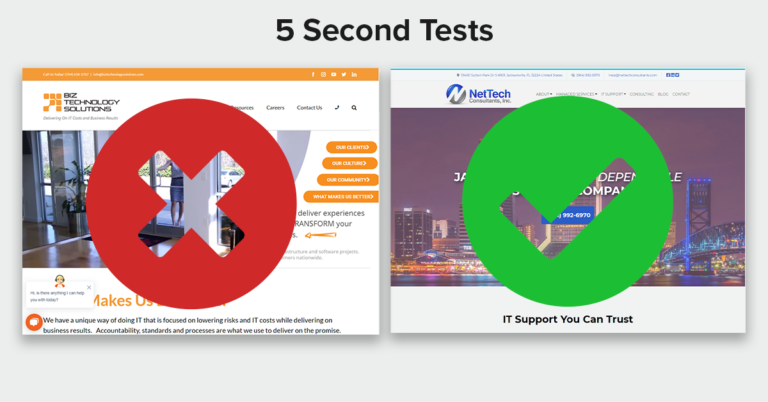


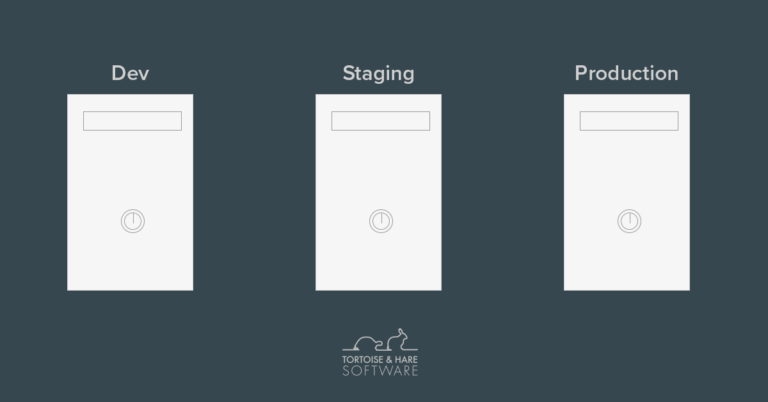

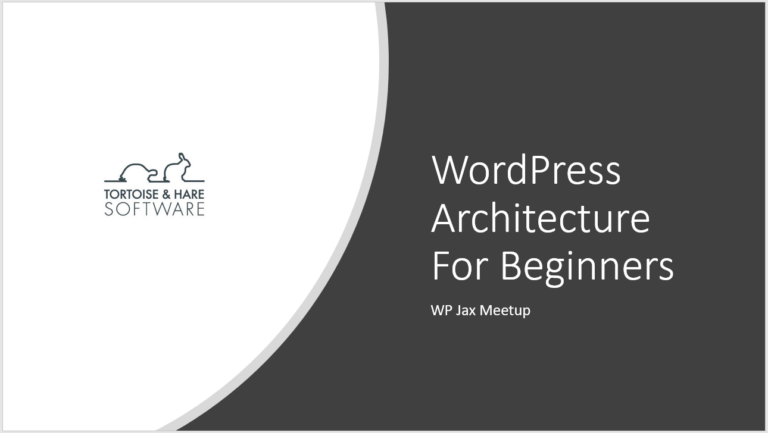



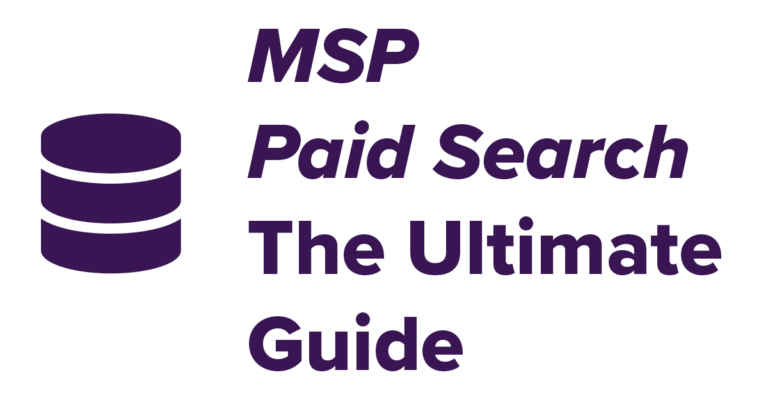
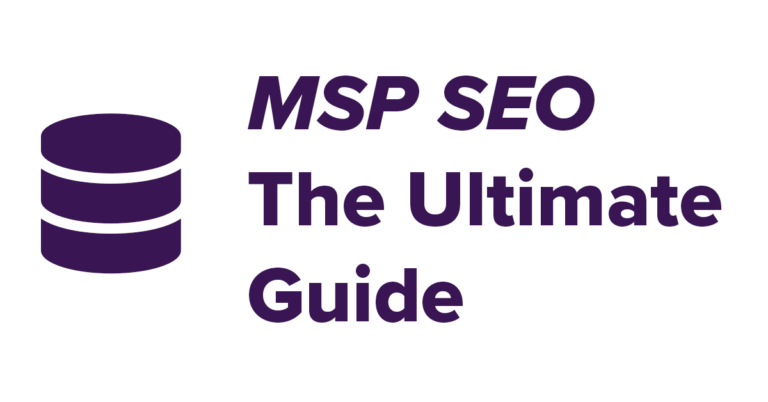


Leave a Comment